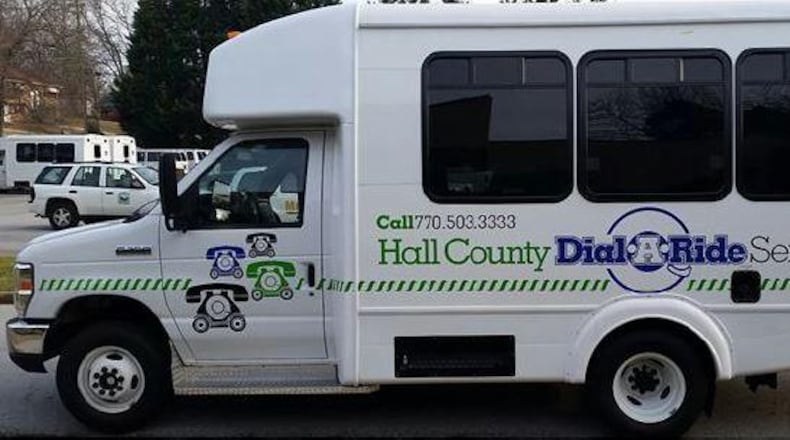A revised bill intended to address a lack of public transportation in rural Georgia may have a new lease on life.
House Bill 511 would create a transit division within the Georgia Department of Transportation and allow counties across the state to raise sales taxes for transit expansion. It also would impose a new excise tax on taxi, ride-hailing and limousine trips to pay for pilot transit programs.
The bill passed the House last year but foundered in the Senate and died on the last day of the 2019 legislative session. But state Rep. Kevin Tanner, R-Dawsonville, unveiled a new version at a Senate Transportation Committee meeting Tuesday.
The revised bill would allow GDOT to oversee rural transit programs, instead of creating a separate agency for that purpose. Strong opposition from GDOT was a big reason the bill didn't move forward last year.
“We went from having GDOT very concerned to having GDOT supportive of what we’re trying to do,” Tanner told the Senate committee Tuesday.
The committee did not vote on the measure Tuesday.
Two years ago lawmakers approved legislation that could pave the way for transit expansion across metro Atlanta. That law allowed 13 metro counties to raise sales taxes for transit, with voter permission. And it created a new regional board to oversee transit planning and funding.
HB 511 seeks a similar approach for the rest of the state. A legislative study committee found seniors, workers without cars, students and others have a hard time finding transportation in rural areas.
The bill would divide the rest of Georgia into eight regions for transit planning and funding purposes. And it would create a “division of transit and mobility innovations” within GDOT to oversee those efforts.
The bill would also create a 50-cent excise tax on ground transportation rides per hire, and 25 cents for shared rides.
The money would be dedicated to the new GDOT division and to the new metro Atlanta agency to pay for pilot programs to help people get transportation. Those programs would include tax credits to companies that provide transit benefits to employees and transit subsidies for the unemployed and underemployed in some poor counties.
The bill also calls for up to three grants to companies that provide certain types of on-demand, flexible transit services in multipassenger vehicles. Each grant could be up to $500,000. The grants would cover services in metro Atlanta.
About the Author
Keep Reading
The Latest
Featured




